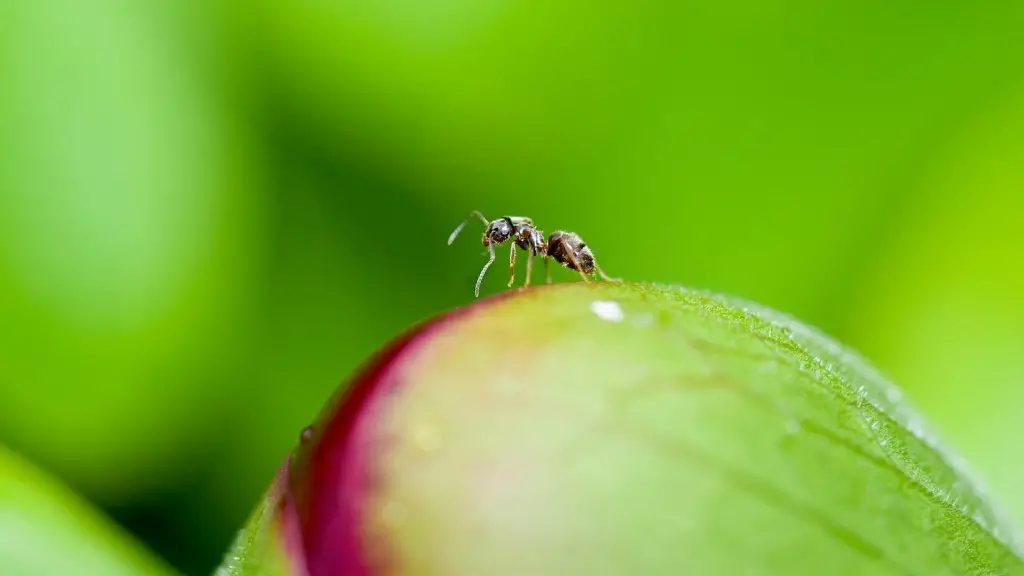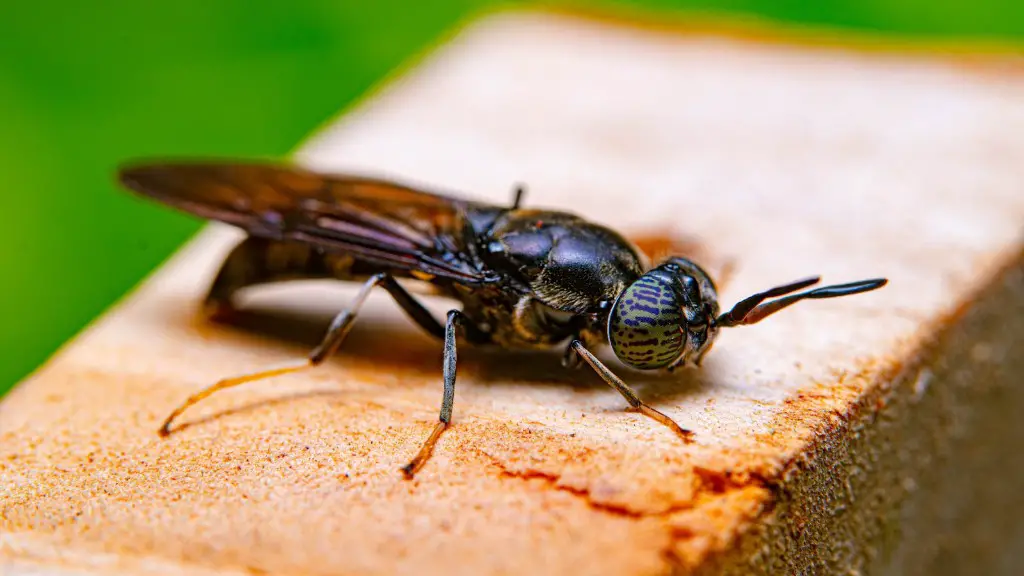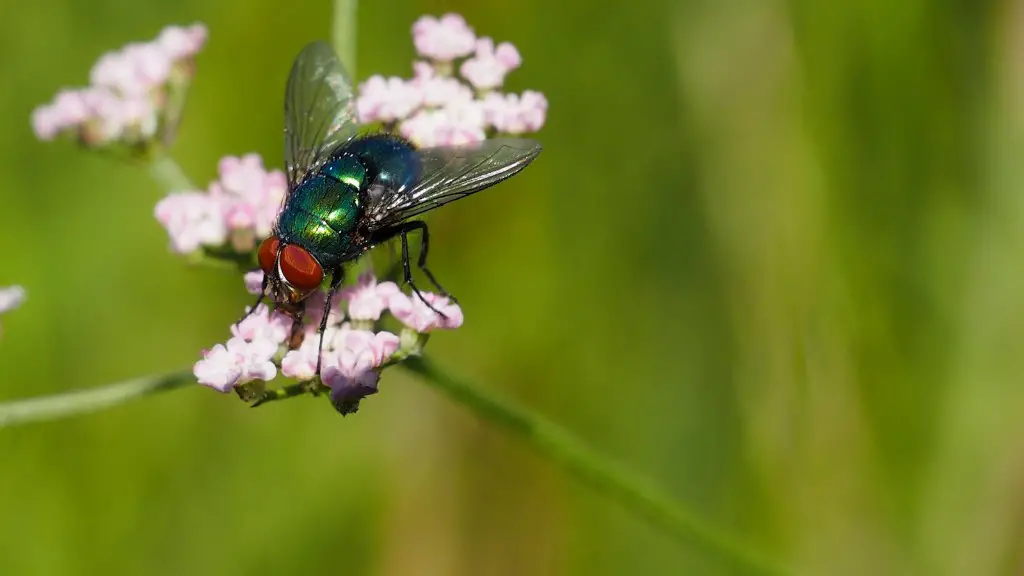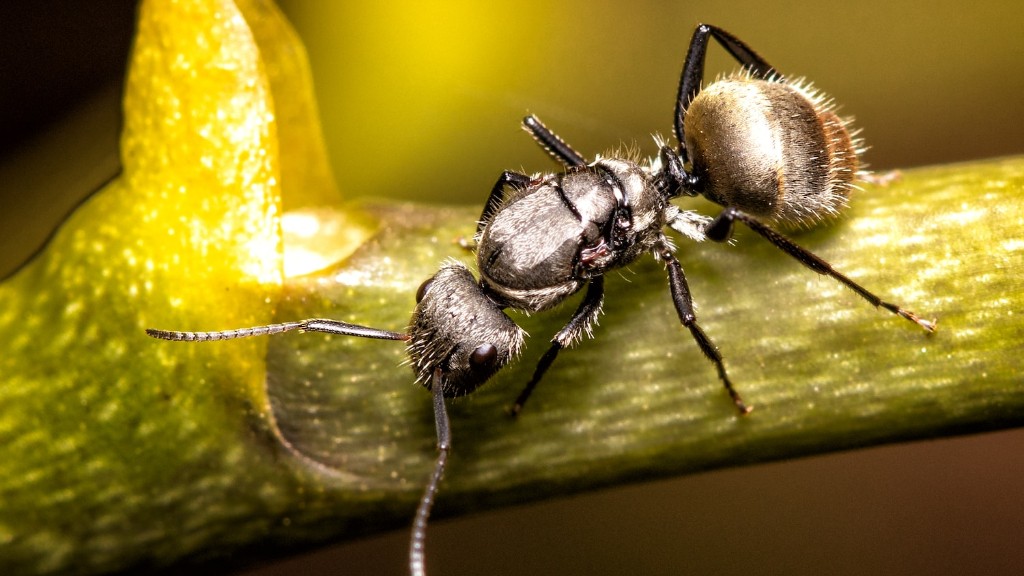How to Get Rid of Ants
Tiny ants can cause big problems. Homeowners who spot a few of these pests scurrying across their kitchen counters know that having an ant infestation can lead to major hassles and even long-term damage. Getting rid of ants takes patience and determination, but it can be done.
Sanitation
Removing ants starts with recognizing the basics of ant behavior. Most ants feed on food left in their path. This means getting rid of any crumbs or spills that linger around your kitchen, counters, and pantry. Blocking access to food sources is among the most important steps in eliminating ants from your home. Clean up spills and bits of food as soon as you can, and be sure to deep clean hard surfaces and clean out cupboards from time to time.
Antproofing
Ants can enter your home at even the tiniest cracks and crevices, which means that as soon as one ant gets in, others may follow. Homeowners must make sure to fill in any entry points with caulk and mesh. Out of doors, be sure to keep your lawn trimmed and free of debris, as many species of ants can set up nesting spots in piles of leaves and sticks.
Baiting
Baiting is another effective way to eliminate ants. You can buy commercial products or make your own bait by mixing a combination of fats and sugar. Place the bait in areas where you know you’ve seen ants and wait. Be sure not to clean up any areas with bait, as this could stand in the way of the ant removing the bait and taking it back to the colony.
NATURAL REMEDIES
In recent years, many homeowners have begun to look for more natural ways to deal with ants. Common remedies include mixing baking soda with equal parts sugar, spreading petroleum jelly around door frames and windowsills, or spraying vinegar mixed with water. Make sure to also sprinkle pepper, cinnamon, or cayenne powder near entry points, as the scent of these spices can often keep ants from being able to detect food sources.
Extermination
If all else fails, you may have to call in the experts. Ex terminators are knowledgeable in all types of pest control, and they can work their magic to get rid of ants quickly and safely. They will tackle larger colonies and nests, and will be able to suggest long-term plans to prevent future infestations.
Ants and Your Health
Though ants mostly feed on food, they can also be carriers of bacteria and other harmful organisms. In particular, certain fire ant species can inflict painful stings, while others are known carriers of diseases like salmonella. To avoid health issues, be sure to keep your food secure and practice good personal hygiene.
DIY Solutions
Getting rid of ants doesn’t have to feel like an impossible task. With a few simple steps, you can get rid of ants in your home without breaking a sweat. Before launching into a full-scale extermination plan, make sure to also look for natural solutions such as repellents and natural remedies.
Future Prevention
Ants can be a major nuisance, but you don’t have to put up with them forever. It is important to take steps to prevent future ant invasions. Be sure to keep food sealed away and regularly deep clean your kitchen and pantry. It is also beneficial to reduce sources of moisture around the home, as this may help eliminate whatever factor attracts the ants in the first place.
Environmental Impact
Eliminating ants can require a certain level of chemicals, but it may not be necessary to reach for the most toxic solutions. Homeowners can aim to reduce their reliance on harsh chemicals by opting for natural methods whenever possible. Making sure to check with local pest control experts for the least harmful options can help reduce the impact on the environment.
Pre-Infestation Prep
Though it can be difficult to detect an ant infestation before it begins, there are a few steps you can take to prepare yourself if the pests ever do find their way in. Begin by walking around your home and looking for any possible way ants could sneak into the building. Secondly, if you haven’t done so already, mark down the places where you will likely find an ant colony for example, in most cases this will be a dark and damp place near a food source. Lastly, always keep your pantry items sealed away, so small ants won’t have any chance to access them.
Lifestyle Changes
Your lifestyle plays a major role in preventing an ant infestation. Be sure to store food in airtight containers, and to avoid leaving water or food out for long periods of time. If ants approach, try to figure out where they come from and why and take steps to reduce the attraction. Regularly clean up crumbs and spills, and look for ways to reduce clutter and messes. Emptying bins regularly and stacking dishes in the sink can go a long way towards minimizing ant problems in the future.
Fumigation
In extreme cases of ant infestation, you may need to resort to fumigation as a last resort. Fumigation involves spraying your home with a special gas or type of chemical that kills any living ants inside. It is important to talk to a pest control expert beforehand and discuss the options, as some solutions may be unadvisable in certain scenarios.
Purchasing Solutions
There are a wide variety of solutions you can buy to help with ant problems. Depending on the type of ant, homeowners can purchase products such as ant powder, ant gel, ant bait, and various types of traps. It is always best to consult an expert before buying any products, since some solutions will be more effective than others.
Stopping Future Infestations
This is the most important part of getting rid of ants. Once the infestation has been cleared, it is important to take steps to prevent future invasions. Stopping any water sources from forming around the home, such as leaking taps and standing water, is essential. Also, be sure to check around your home for any potential entry points that could be used by ants. Caulking or covering cracks with mesh can help keep out tiny crabs and other pests. Lastly, always do regular checkups of your home to see if signs of a new infestation appear.



